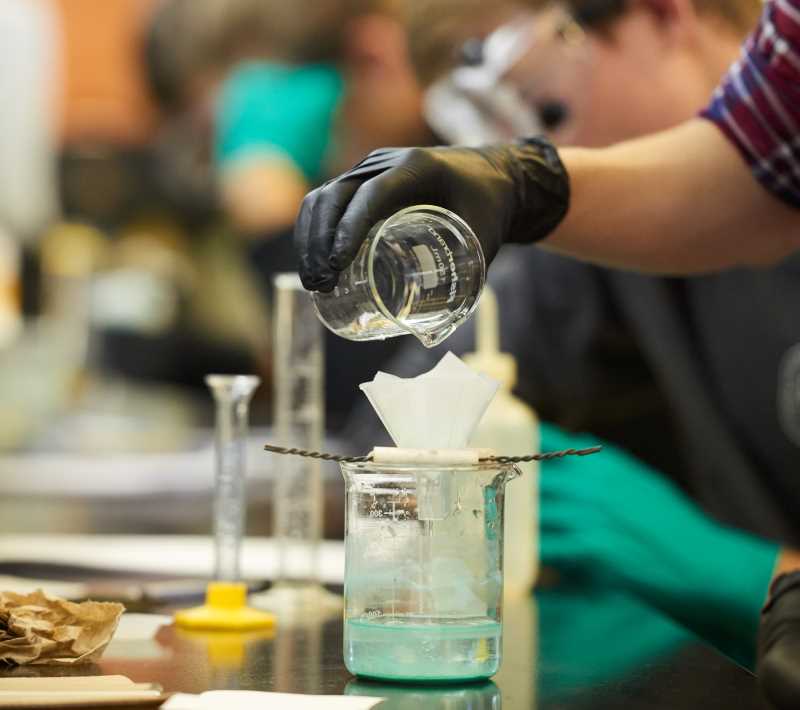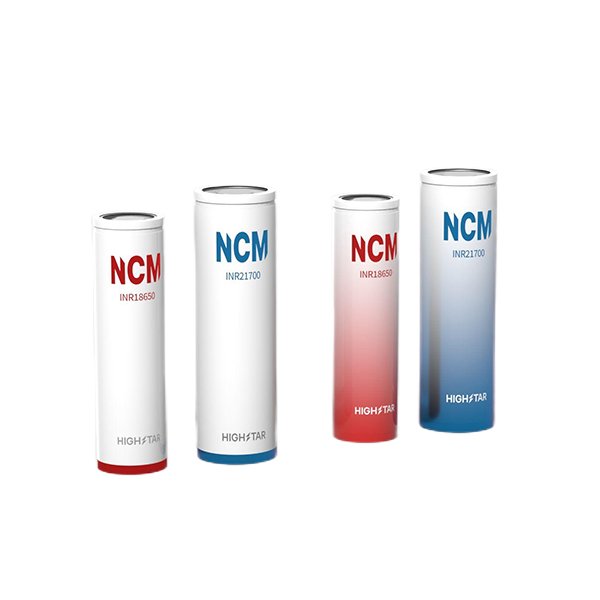The Impact of Chemicals in Water on Skin Health: Unveiling the Itchy Truth

Water is an essential resource for our daily lives, but have you ever wondered about the quality of the water you use? In this blog post, we will delve into the topic of chemicals in water and their potential to cause itchy skin. We will explore the various types of chemicals that can be found in water sources, their effects on the skin, and provide practical tips to mitigate these risks. So, let's dive in!
- Understanding Chemicals in Water:
Water sources can contain a wide range of chemicals, including chlorine, heavy metals, pesticides, and pharmaceutical residues. These chemicals often find their way into our water supply through industrial processes, agricultural runoff, and inadequate water treatment. - The Link between Chemicals and Itchy Skin:
Exposure to certain chemicals in water can disrupt the natural balance of our skin, leading to irritation and itchiness. Chlorine, for example, is commonly used as a disinfectant in water treatment but can strip the skin of its natural oils, causing dryness and itchiness. Heavy metals like lead and mercury can also accumulate in the body over time, leading to skin allergies and irritation. - Common Skin Conditions Caused by Chemicals in Water:
a. Eczema: Chemicals in water can trigger or worsen eczema symptoms, characterized by red, itchy, and inflamed skin. Individuals with pre-existing eczema may experience flare-ups due to chemical exposure.
b. Dermatitis: Chemical irritants in water can cause contact dermatitis, resulting in redness, itching, and even blistering of the skin.
c. Allergic Reactions: Certain chemicals, such as those found in pesticides or pharmaceutical residues, can elicit allergic reactions in sensitive individuals, leading to itchy rashes and hives. - Tips to Protect Your Skin:
a. Install a water filter: Invest in a high-quality water filter that can effectively remove chemicals and impurities from your water supply.
b. Moisturize regularly: Use a gentle, fragrance-free moisturizer to keep your skin hydrated and create a protective barrier against chemical irritants.
c. Avoid hot showers: Hot water can strip the skin of its natural oils, exacerbating dryness and itchiness. Opt for lukewarm showers instead.
d. Pat dry, don't rub: After bathing or washing your hands, gently pat your skin dry with a soft towel to avoid further irritation.
e. Stay hydrated: Drinking plenty of water helps flush out toxins from your body and keeps your skin hydrated from within.
Conclusion:
While water is essential for our well-being, it's crucial to be aware of the potential risks associated with chemicals in water. By understanding the impact of these chemicals on our skin and implementing preventive measures, we can protect ourselves from itchy skin and maintain healthy, radiant skin. Remember, knowledge and proactive steps are key to safeguarding our skin health in an increasingly chemical-laden world.




